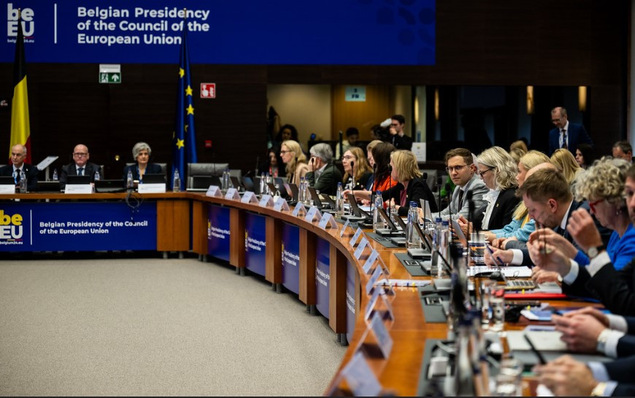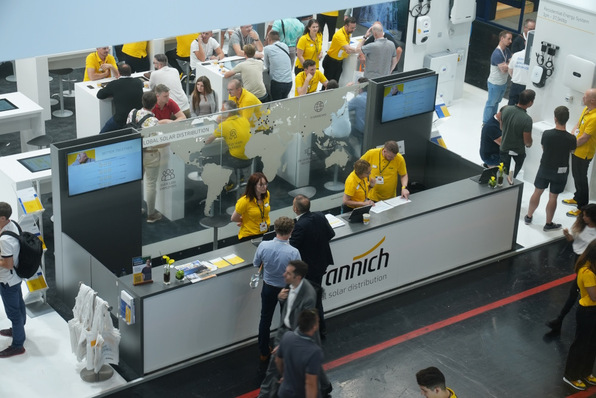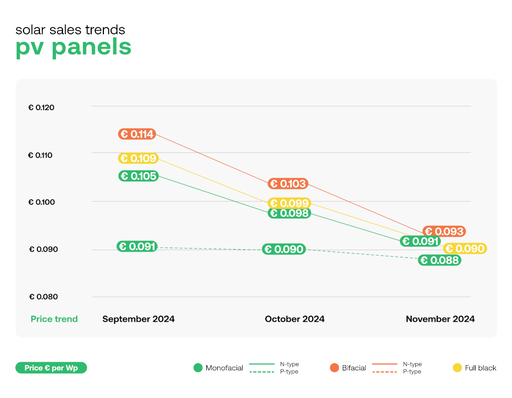By 2020, at least ten percent of the city's roofs will be equipped with 37 megawatts of solar power. Currently, five percent of the city's roof space is installed with 17 megawatt PV systems. This is equivalent to almost 120 kilowatts per 1,000 inhabitants, a peak in the Netherlands.
We drive solar
Bi-directional solar charging of shared e-cars is already a reality in the 2,500-inhabitant district of Lombok. In the former working-class quarter with the lovingly renovated, narrow houses from the beginning of the 20th century, the multicultural heart of the city beats today. Within sight of the historic windmill resides Lombo XNet. The young company, in close collaboration with the local grid operator, built its own microgrid and in June 2015 installed the world's first bidirectional public charging station (AC, 44 kilowatts) powered by solar power. 25 of them are now mounted in the quarter. Under the slogan "We Drive Solar" over 30 Renault Zoe are used as car-sharing vehicles that can be charged via PV roof systems and feed back into the microgrid.
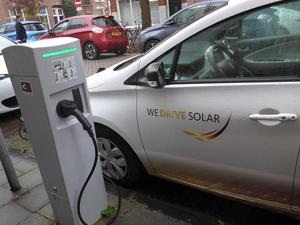
PV for every roof
"The goal is to equip all roofs with photovoltaic systems and to integrate the batteries of the electric cars as energy storage systems, so as to provide Lombok largely with solar power itself," says Lombo XNet CEO Robin Berg. “If we can use all available roofs, we can reach 60% of energy self-sufficiency in our city district”, he says. For existing buildings, this would require 20 solar modules with a capacity of 250 to 270 watts per household, with new buildings having up to 40 solar panels per household, Berg calculates. Aim is also the extensive renunciation of private cars in the district, the construction of a network of 200 solar charging stations and 200 e-car sharing vehicles with fixed parking spaces and the further promotion of cycling and public transport. An important concern for Berg is to contribute to grid stability through bidirectional and intelligent charging. "We work closely with network operators to do this," he says. The partner in the charging station management is the service provider Elaad NL, a joint venture of several Dutch network operators, including Tennet.
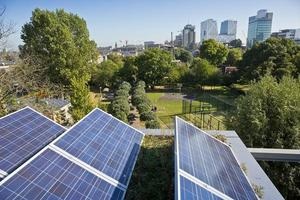
Flexible tariffs for grid-friendly charging
The initiative is supported by Renault. “We are promoting smart charging”, says Electric Vehicle Program Director Eric Feunteun. In a pilot project, the partner company Jedlix already offers customers flexible tariffs for grid-stabilizing charging. Renault is involved to 25 percent in the start-up. E-cars are not charged at peak times in the early evening, but time-shifted during the night, when electricity demand is lower. The participating e-cars are virtually pooled by Jedlix. "We are already cooperating with two local network operators in the Netherlands and want to expand our service also to France and Germany," says Jedlix CEO Ruben Benders. Customers can currently save around five euros per month electricity costs through the flexible tariffs, he says.
Second-life home storage batteries
Another step into the future, not only in Utrecht, is the use of so-called second-life batteries of electric cars for stationary storage applications. To this Renault is collaborating with the British start-up company Powervault. At a charge level of 75 percent, the leased batteries of the Zoe are exchanged, processed and tested on customer request. Powervault sells the home storage units in combination with photovoltaic roof systems. On offer are energy storage systems with a capacity of four to eight kilowatt hours. The warranty is five years, thus only half the time as for new systems. "But we can offer them 30 percent cheaper," says Powervault CEO Joe Warren. To date, around 50 second-life storage systems have been sold, the 2020 target is 50,000. “In the future, we also want to offer larger storage systems with second-life batteries, for example for district storage”, he says. (HCN)
Read more about energy storage
Stay informed, get our free newsletter twice a week. Register here.



